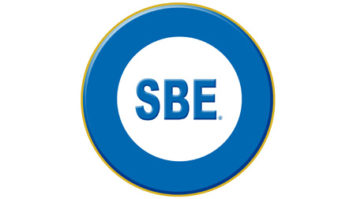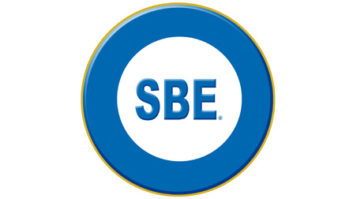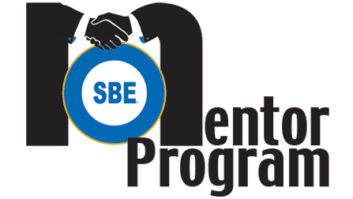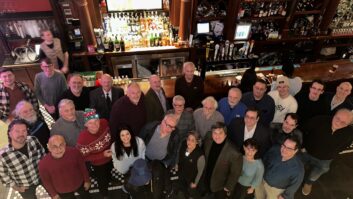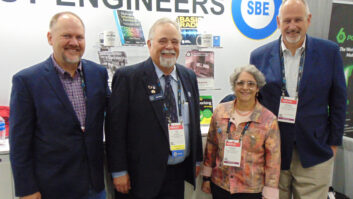This Month in SBE History: Engineers, Certification and the FCC
Mar 1, 2014 8:00 AM, By Chriss Scherer, editor
The Name “Engineers”

At various times there has been debate and even legal action on the use of the term “engineer” regarding the technical work of someone in broadcasting. While it’s not currently being widely argued, the debate is not a new one. In the March 1966 issue of the Journal of the Society of Broadcast Engineers, SBE President John Battison noted an upsurge in trying to prohibit the use of the term engineer for those who are not licensed professional engineers.
Battison noted that the FCC had received requests to cease the use of “chief engineer” regarding the technical operator at a broadcast station. Battison, himself a registered professional engineer, argued that the “registration requirement really applies more to consulting engineers who hire themselves to public use … that can have dangerous effects on public safety.” The SBE suggested a letter campaign to all its members protesting the FCC deletion of the term “chief engineer” from official recognition.
Since then, and still today, the SBE has regularly voiced an opinion on the challenges to the use of the term engineer for broadcast engineers.
But the society’s role in exclusively serving broadcast engineers changed in a short time. At the March 1969 board meeting, discussions began on whether cable TV engineers should be allowed to join the society. Without any language in the by-laws prohibiting their membership, it was determined that those individuals who were not specifically radio or TV broadcast engineers would be allowed to join if their experience so warranted membership.
Certification
SBE Certification has become a cornerstone of the society’s efforts. But certification was not part of the foundation of the group’s effort. Initially, the SBE wanted to bolster FCC individual licensing with stricter requirements and rules requiring stations to employ certain operator license classes. But the FCC had a different view, and in time, individual licensing was slowly dismantled.
At the March 1973 board meeting, the idea to finally consider a non-regulatory approach to individual licensing was raised by board member Gene Hill. The idea was to specifically cover the skills of a broadcast engineer and not those who work outside broadcasting.
The idea did not take hold initially, as the SBE continued to push for mandatory licensing. But it was only two years later that the SBE finally approved its program of certification.
FCC Filings
At the March 1968 annual membership meeting, the SBE took its first steps in influencing the actions of the FCC, specifically, the SBE would begin to “take part in the day-to-day activities of the FCC … [and] We should start expressing our opinions on the rulemaking decisions that are always going to the FCC.
While this marked the fist announcement of the society’s intent, it would still be some before the SBE actually filed anything with the FCC.
Historical source: The History of the Society of Broadcast Engineer, 1964 – 1981, by Bradley L. Dick, CPBE.
Traditional Radio Still Strong With Millennials
A study shows that changes in media consumption are more obvious in the younger age groups….
March 2014
New products at the 2014 NAB Show, handling metadata in automation, testing AM antennas, IP codecs and more….





